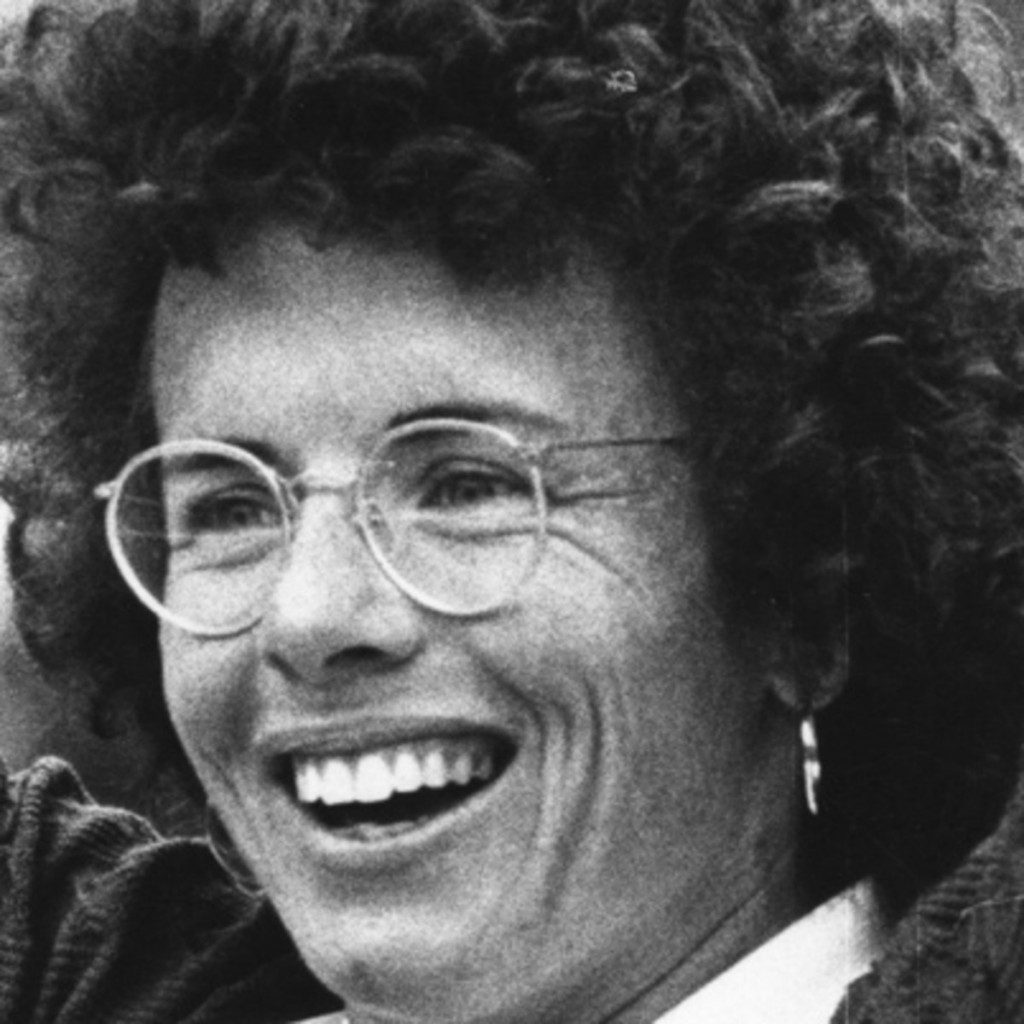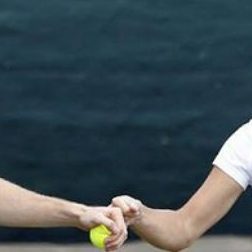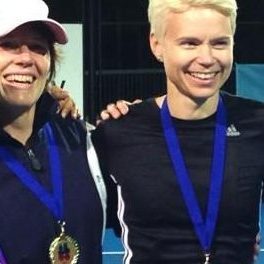 A couple of weeks ago, the WNBA announced that they would be launching WNBA Pride—a marketing campaign designed to promote inclusion, equality and battle LGBT discrimination.
A couple of weeks ago, the WNBA announced that they would be launching WNBA Pride—a marketing campaign designed to promote inclusion, equality and battle LGBT discrimination.
The LGBT community makes up a good portion of the WNBA fan base, so it’s a natural move and one that is long overdue.
There are two crucial facts to note here: First, the fact that there is even a WNBA and second, the fact that there’s an equality marketing campaign directed at the LGBT community.
Both of these things would not be possible today if it weren’t for the heroic efforts of Billie Jean King.
Most people know Billie Jean King as an out lesbian, a former champion tennis player and an LGBT advocate. Yes, she is all of those things. But after watching the PBS documentary, American Masters: Billie Jean King, it is blatantly clear that King is much, much more. Her courage and strong attitude helped further women’s sports in such a way that it’s reasonable to believe the WNBA and other women’s professional sports leagues wouldn’t exist today without her efforts.
King was a true pioneer for women’s sports. While society wanted her to exchange her tennis racket for an apron and an iron, she decided to follow her heart and keep playing the sport that she loved. In the 60’s, when King was at the top of her game, there was a stigma against female athletes for being too masculine, tough and hard. She embodied these qualities and portrayed them as strengths instead of weaknesses. “I thought I wasn’t as feminine as they wanted me to be because I was outspoken and spoke my truth,” King says in the documentary. She was right.
The women’s rights movement gained momentum in the 60’s, and King was right smack in the middle of it. “To me, it was all about choices,” she says. “Because men had choices.” In the word of professional tennis, men also made more money than women. King, along with eight other female players from the tennis circuit, decided to take a chance and form their own national tour with the help of one major sponsor, Virginia Slims. They played anywhere and everywhere for little money, in hopes of proving that women’s tennis was just as big of a draw as men’s tennis. In the end, the bold move paid off.
After 39 Grand Slam titles and countless other victories on and off the court, Billie Jean King retired from tennis but remains an outspoken advocate for women’s equality in sports to this very day.
Take a moment to think about everything that has transpired since she first picked up a racket:
• Equal prize money for both male and female tennis players
• Title IX
• Women’s college basketball is bigger and more popular than it’s ever been
• Women’s professional sports leagues are holding their own
• Professional lesbian athletes are not only “out” but also respected
• Sponsorship for female athletes, both gay and straight, is on the rise



